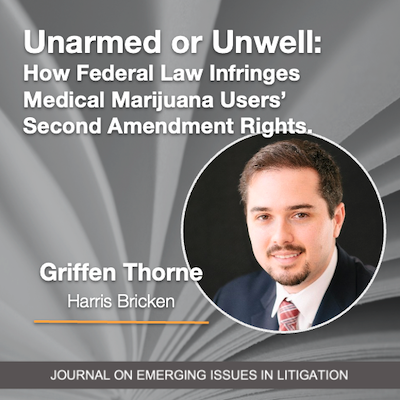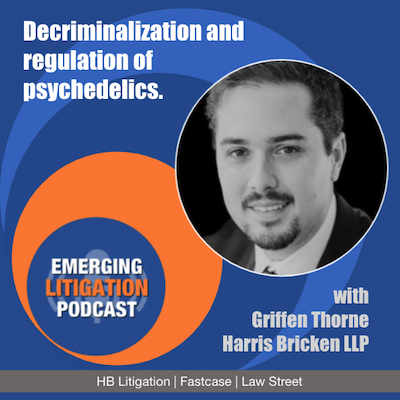Opioid Addiction Litigation 2026: The New Post-Mega-Settlements Normal, Why Tribal Claims Are Central, and a Federal Pullback on Treatment Programs
Opioid litigation has entered a new phase defined less by courtroom trials and more by long-term settlement governance, tribal sovereignty, and evolving bankruptcy law. National opioid settlements now fund abatement through strict reporting and multi-year payment schedules, while Tribal Nations administer parallel sovereign recovery systems. At the same time, the Supreme Court’s Harrington v. Purdue Pharma decision has reshaped how mass-tort bankruptcies resolve claims. Yet as litigation-driven funding stabilizes, federal support for addiction treatment and overdose prevention faces deep cuts and growing uncertainty. Together, these developments show opioid litigation moving into a complex era where courts, settlements, and public policy intersect.





